Under the Paris Agreement, states submit Nationally Determined Contributions (NDCs) outlining their commitments to reducing emissions. These documents are important window in the international politicization of climate change policy.
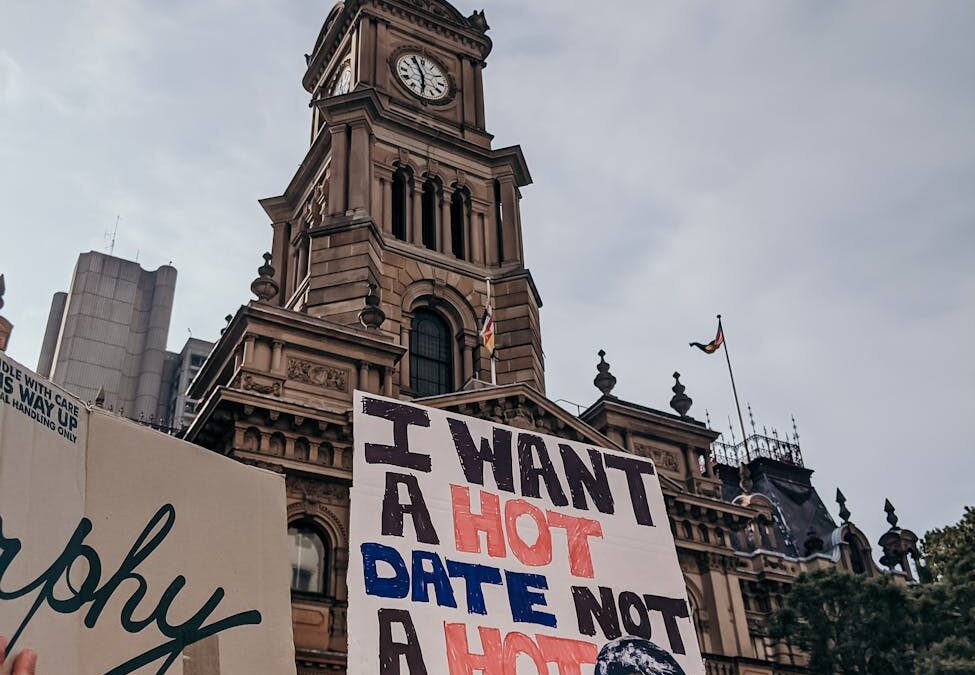

Under the Paris Agreement, states submit Nationally Determined Contributions (NDCs) outlining their commitments to reducing emissions. These documents are important window in the international politicization of climate change policy.
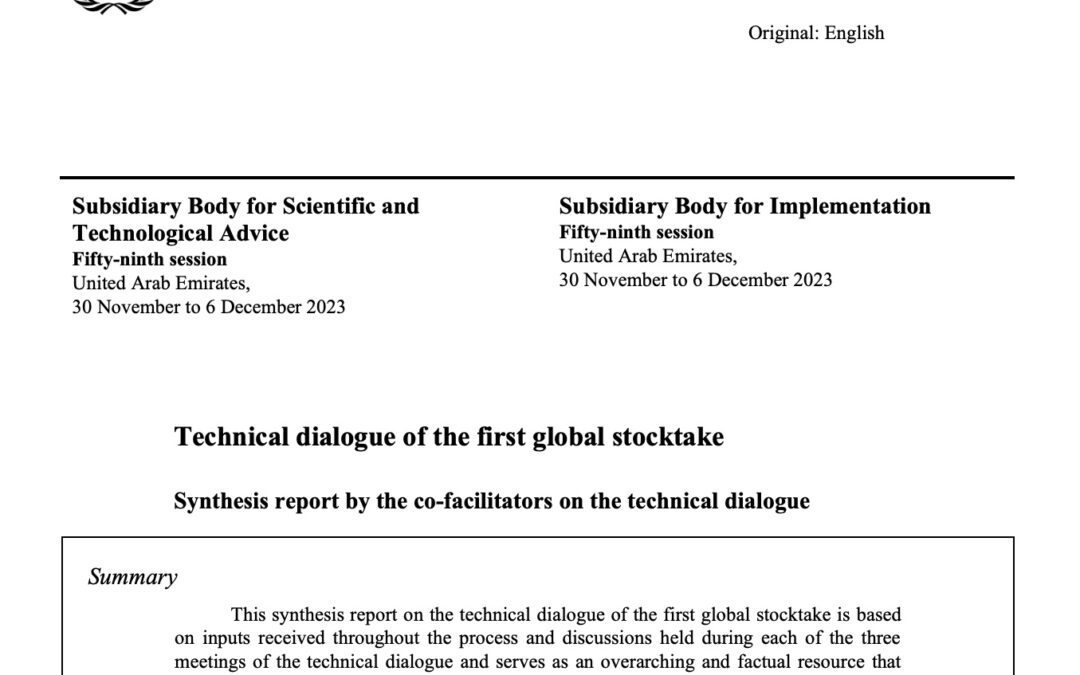
A reporter asked me what we should expect from the upcoming climate negotiations, known as COP28, which will be held in the United Arab Emirates starting the end of November. This is my fairly...
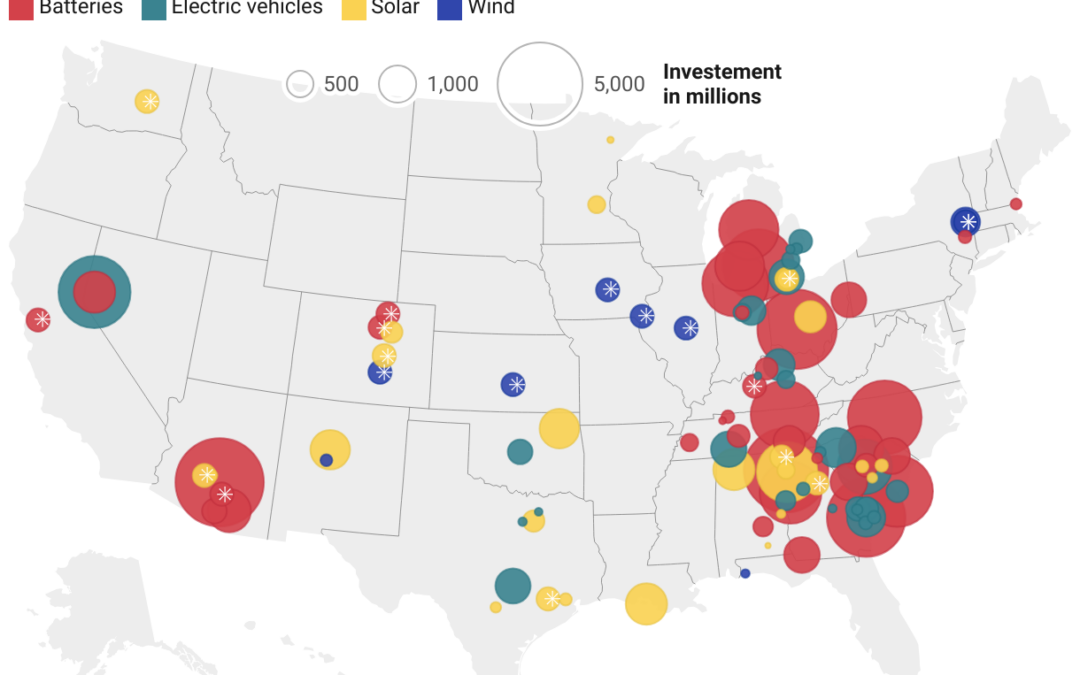
Typical energy transitions unfold over 50 to 100 years. The urgency of the climate challenge means that humanity doesn’t have that kind of time. While market developments in renewables and electric...

Adam, Daniela and Jarrod discuss the challenge of thinking about climate justice in the context of IR and existing models of justice and reparations. Does the Holocaust and other...
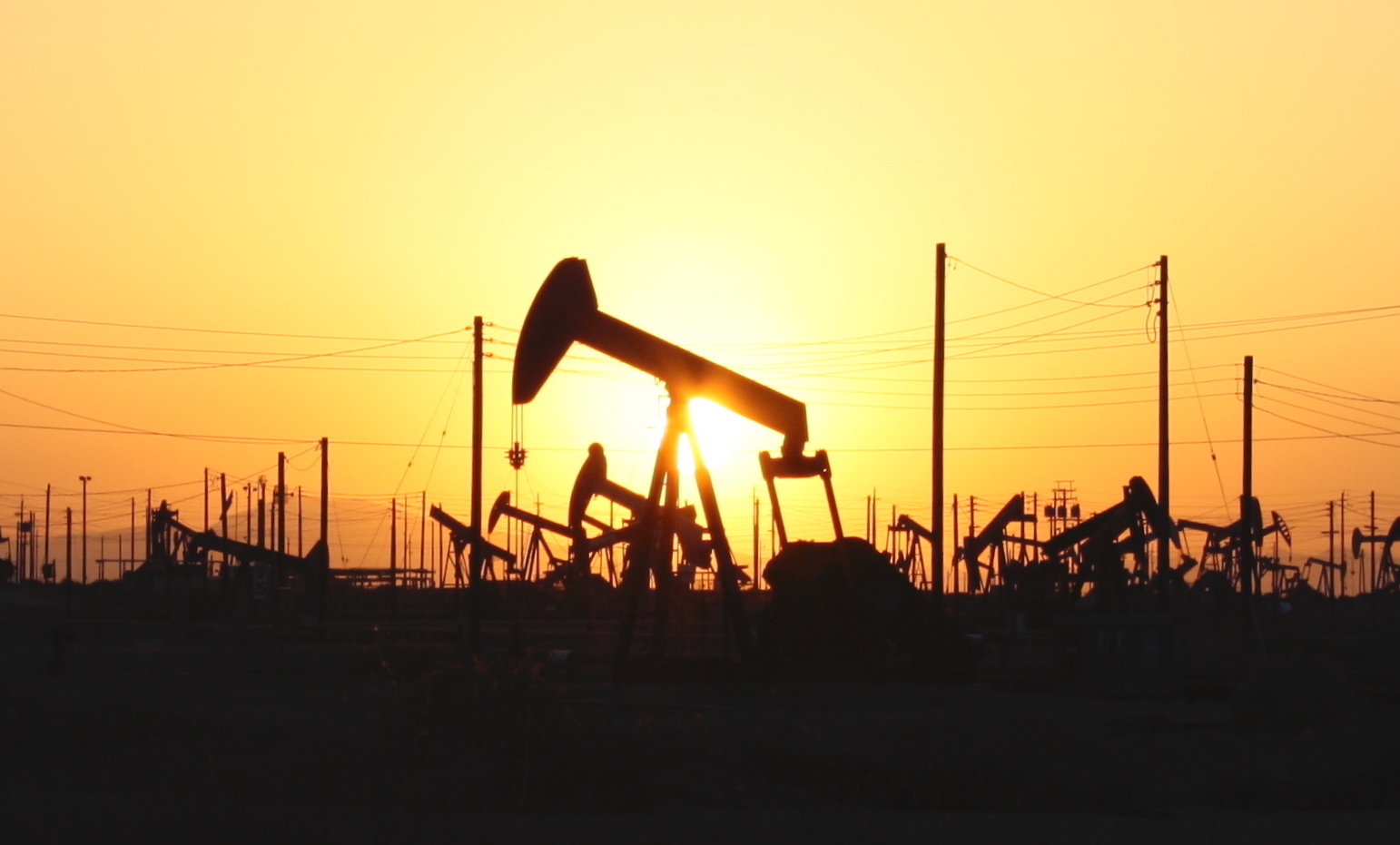
This is a guest post from Emily Meierding, who is an Assistant Professor of National Security Affairs at the Naval Postgraduate School in Monterey, CA. Her book, The Oil Wars Myth: Petroleum and the Causes of International Conflict, has just been published by Cornell University Press. The views expressed here do not represent the perspective of the US Navy or Department of Defense. The global oil market has entered uncharted territory. On Monday, the price of WTI crude, the US oil benchmark, went negative for the first time in history, closing at -$37 per barrel. What happened? And what does...
Last year I attended the United Nations Framework Convention on Climate Change (UNFCCC) Conference of Parties (CoP) for the first time. It was an experience in dichotomies. The events on the periphery (side events) were energetic and forward-oriented. Al Gore did his thing updated with a little Greta Thunberg-esque ferocity, and presentations at country pavilions highlighted a ranging of exciting developments from new advances in wind turbine design to a novel way to visualize national and city level carbon emissions. The events involving the member parties to the UNFCCC were closed to...
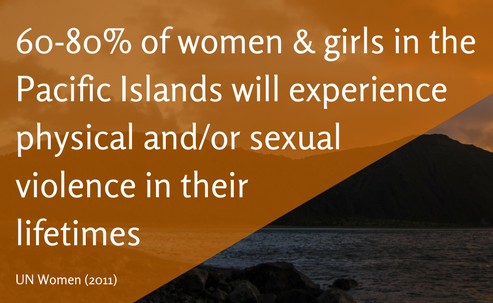
This post is cross-posted at Climate Security in Oceania. For my course on climate security in Oceania, we read a post on the New Security Beat from Volker Boege from the Toda Institute. The piece is based on a wider report on climate and conflict in Oceania. He writes: In overcrowded squatter settlements in the few urban centers in the Pacific Islands, domestic violence is increasing. These settlements are also often the sites of violent, sometimes deadly, conflicts between communities from different islands, many of whose members left their home islands because of the...
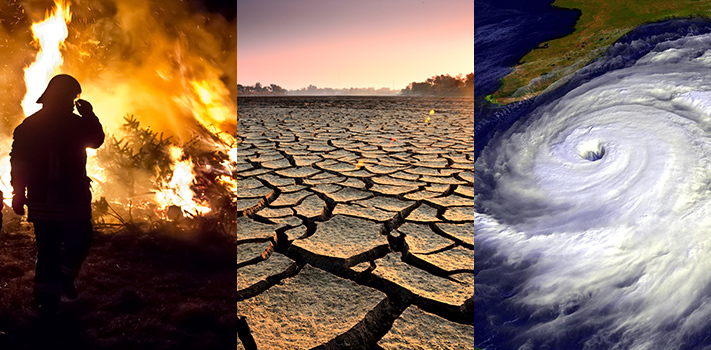
We're re-upping this guest post as part of our series on changing the field. #IRChange. This is the second post (the first is here). This is a guest post from several authors including: Jessica F. Green, Associate Professor, Political Science, University of Toronto (@greenprofgreen)David Konisky, Professor, School of Public and Environmental Affairs, Indiana University (@DavidKonisky)Megan Mullin, Associate Professor, Nicholas School of the Environment, Duke University (@mullinmeg)Stacy D. VanDeveer, Professor, Department of Conflict Resolution, Human Security, and Global Governance,...

This is a guest post from Erika Weinthal, a Professor at Duke University and Jeannie Sowers, an Associate Professor at the University of New Hampshire What is often referred to as environmental peacebuilding – the process of governing and leveraging the use of the environment and natural resources for building a sustainable peace through improving livelihoods, strengthening the economy, rebuilding trust, and fostering cooperation – has been a core component of US-supported projects in Israel and Palestine. As part of the US government strategy to promote a two-state solution in the aftermath...
Here’s my argument: Late 80s/early 90s Soviet Union. The United Kingdom in 2016. The United States 2016 to now. Three contemporary examples of international suicide that conventional IR neither predicted nor can account. Ok, so perhaps suicide is too hyperbolic a concept and we should go with appetite for self-destruction . Certainly in the case of the Soviet Union any agential claim regarding the state is overdrawn. But either way I think there is a point here. All three states, and particularly the last two, undertook an internally driven diminution of international standing and...

I arrived in Toronto for ISA on Thursday and went straight to the annual luncheon hosted by the Council on Foreign Relations, which featured some of my favorite policy oriented scholars, Kori Schake, Dan Drezner, Charles Kupchan, and Barry Posen. It was a lively discussion about the rise of illiberal nationalism and what it means for world order. Someone from the audience asked about climate change, and the topic got lost in the shuffle. The last questioner, an older guy in a brilliant purple shirt, asked again about climate change and whether the international community was up to the...

This is a guest post from Kate Neville, an Assistant Professor in the Department of Political Science and School of the Environment at the University of Toronto, and Matthew Hoffmann, a Professor in the Department of Political Science and Co-Director of the Environmental Governance Lab at the Munk School of Global Affairs and Public Policy at the University of Toronto.[1] Things are not good. We have twelve years before catastrophic climate change is completely unavoidable. Greenhouse gas emissions are rising like a “freight train.” In the face of bleaching and ocean acidification,...